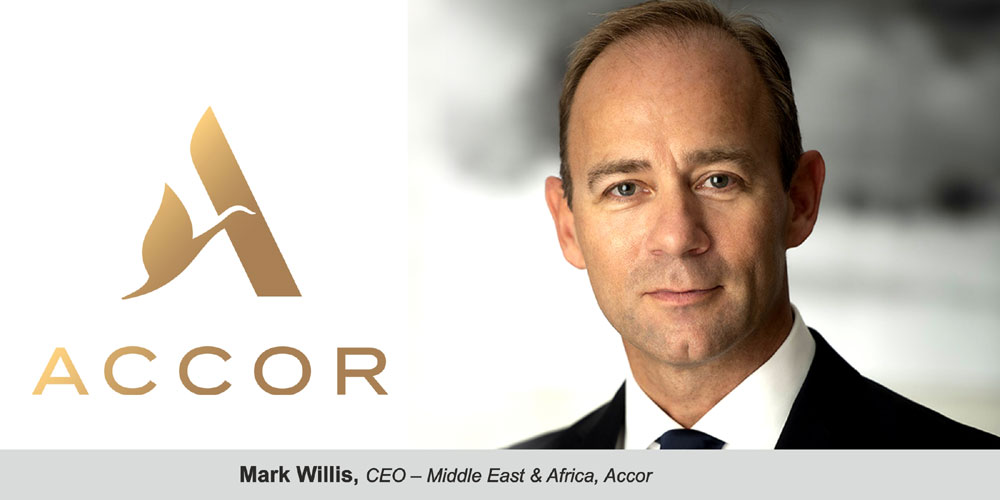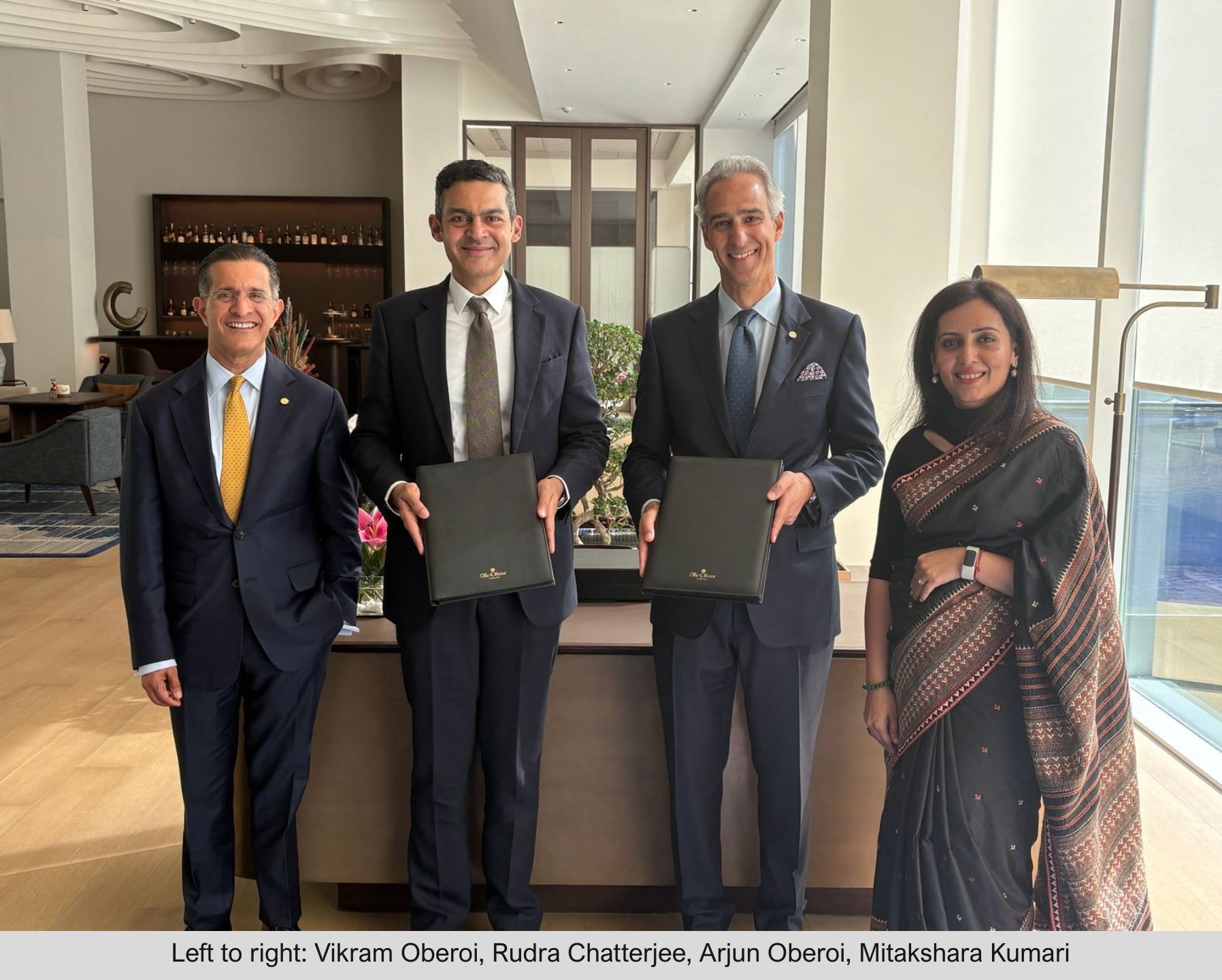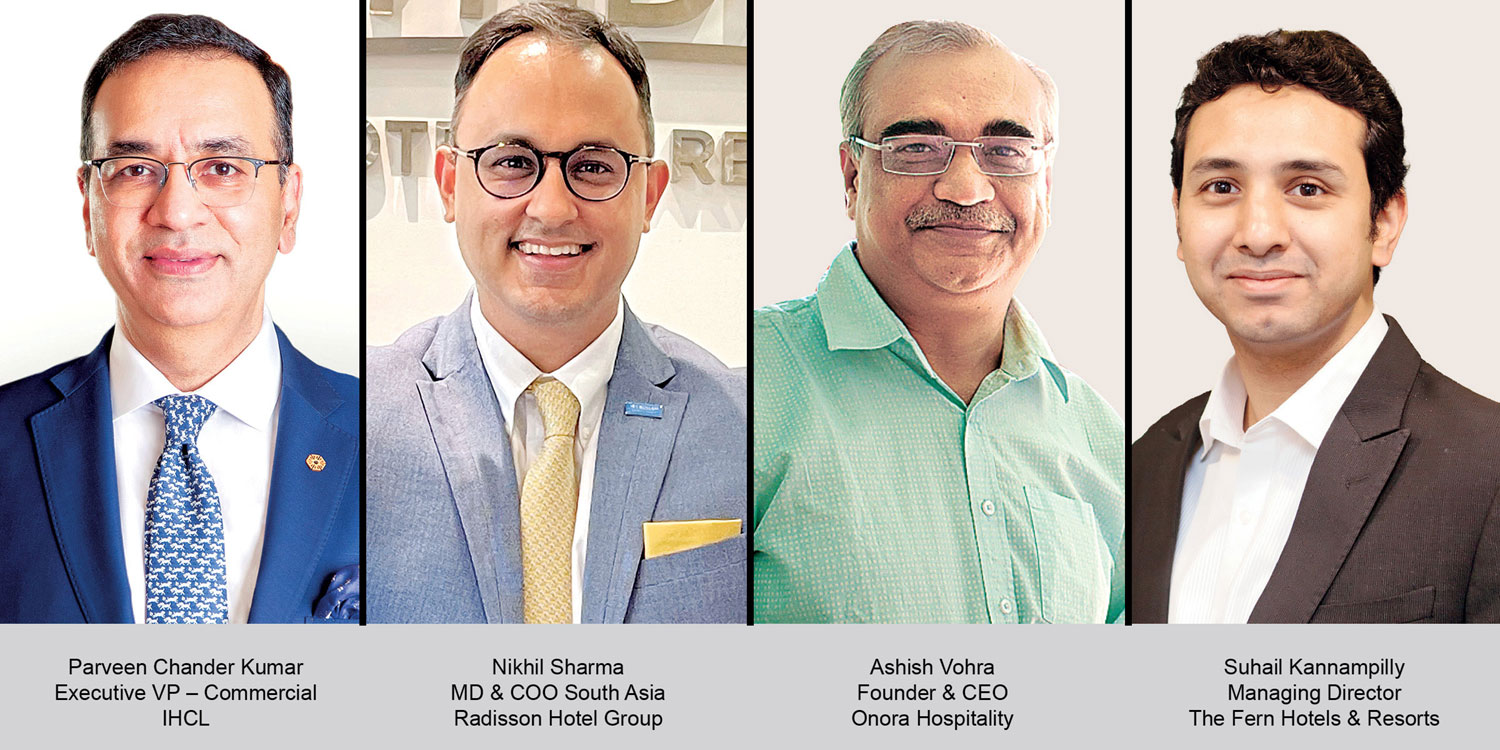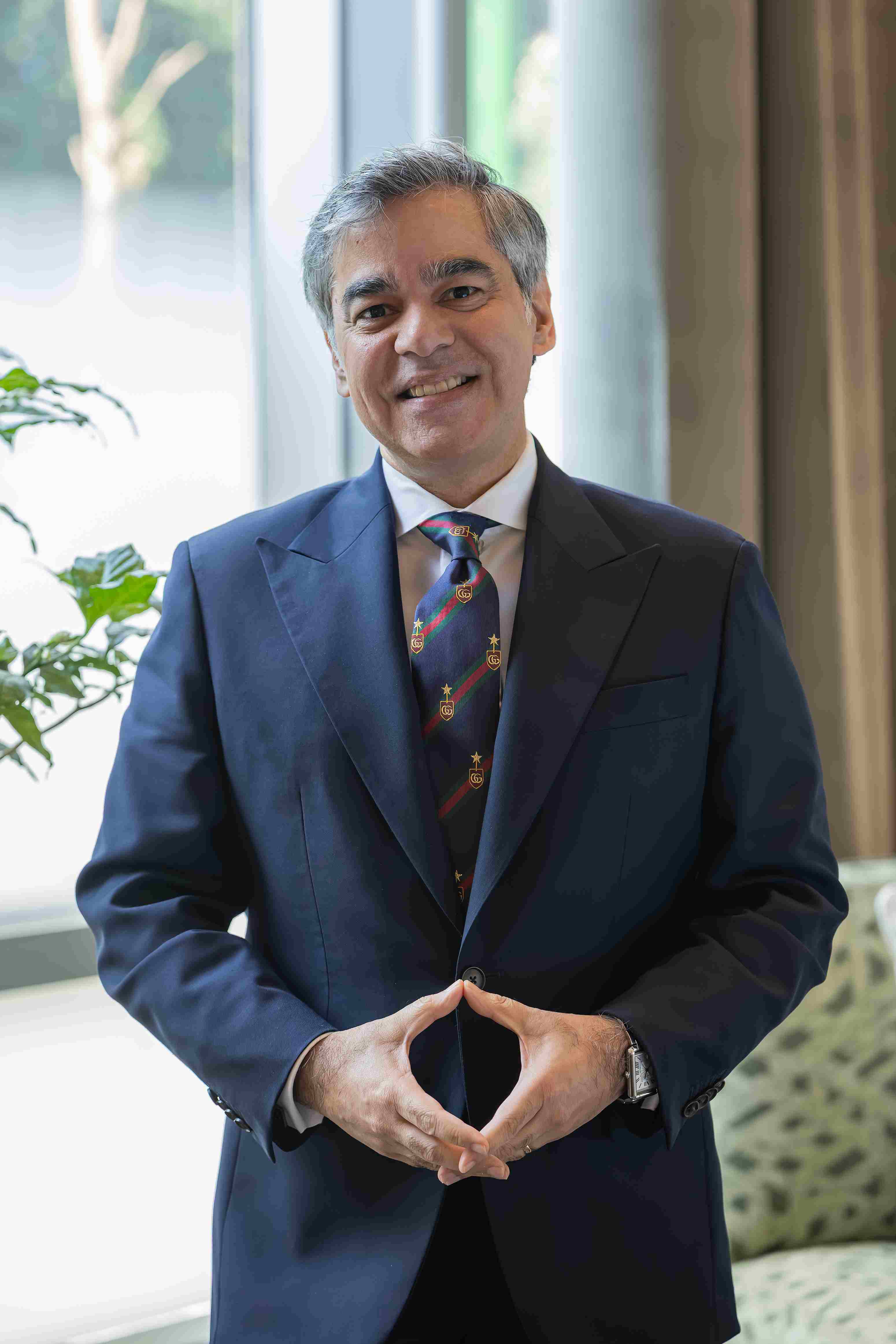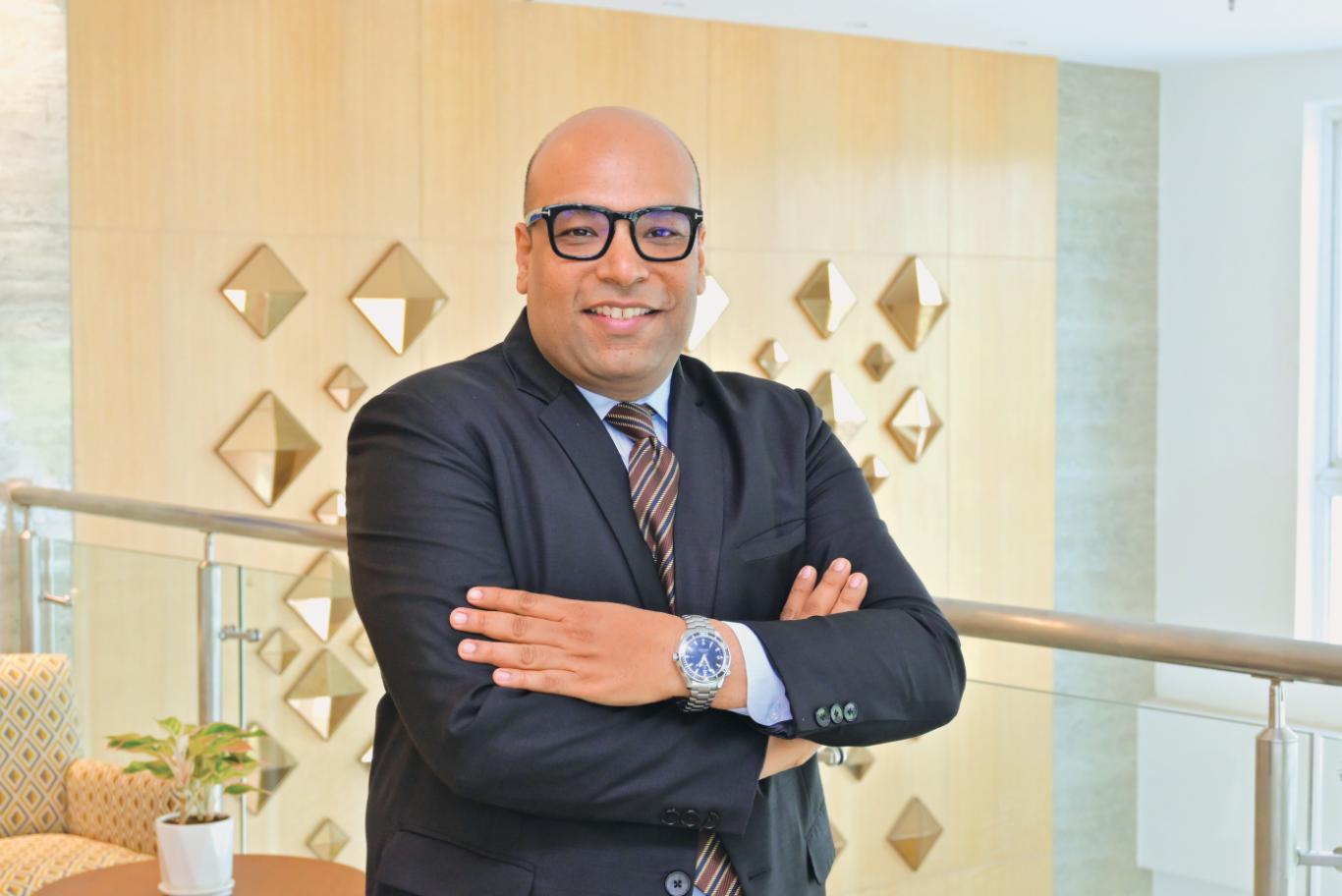Mark Willis, Chief Executive Officer for Middle East and Africa at Accor, says that while the pandemic impacted everyone across the globe, business for Accor did not stop or slow down dramatically. The group already has over 25 hotels in the pipeline for India.
Nisha Verma
“It’s been a period of reflection, quite a humbling period as well,” says Mark Willis, as he talks about the last 12 months at Accor. And, though the group witnessed a positive period of business in India moving from Q4 2020 into Q1 2021, times are again uncertain and predicting the future is still tricky, he believes.
“Unfortunately, it was difficult to predict last year, and it continues to be difficult to predict this year. In Q4, India showed real levels of improvement within our sector and in Q1, India, from an Accor perspective, had a really good start to the year. But, now that situation is under threat. The future is particularly hard to predict, however, we remain optimistic, more so with regard to India which is one of those locations which always bounces back wonderfully well from a crisis,” Willis says. This optimism also reflects in Accor’s plans for India, its strong development pipeline and network across the country. Willis says, “In line with our expansion plan with regard to openings in India, we have over 25 hotels in the pipeline to open over the next 36 months. Apart from the Raffles in Jaipur, other key openings for the year include a second ibis in Mumbai which will open late in the year. So, while the outlook remains shaky today, and particularly uncertain at the moment, we still have a positive feeling about India, our expectations from growth in the country, and increasing our footprint here.”
The CEO believes that India is truly up there with the US and China as a stand-alone market, and is a critical inbound and outbound market. He says, “Even though a very high percentage of business in India relies on the internal segment, still, outbound business from India has grown dramatically over the years. The country is not only important from a business generation perspective, but also from a portfolio-growth perspective. The expectation from India is high and consequently, we remain committed to developing our brands here.”
A better mix of business and leisure
While Accor’s portfolio in India leans towards the business hotel segment, the group is constantly looking to adapt to the changing consumer demands. Willis says, “Growth in the hotel business is a long-term strategy. It is fair to say we have a solid business hotel footprint across India. That footprint is growing and yes, the right strategy is to mix business and leisure, more so at the moment when there is limited global business travel and leisure is expected to return faster than the business segment. It is a focus for us and we will continue to grow the luxury segment.”
He adds that when it comes to boutique properties, as markets mature and as customers look to diversify their stay and increasingly seek experiences, demand for boutique properties and lifestyle hotels across the globe will surge. “Accor has a number of lifestyle brands. That is where the new customer is heading, but that is not to say that other segments won’t continue to be growth segments. The world is growing, people are looking for something different,” Willis shares.
“If you look at the last 10 years of India from a leisure destination perspective,” the CEO continues, “India has been more prevalent in displaying the cultural side of the country. From a business perspective, India, on a global stage, has really come to the fore and that is not going to go away. So the two elements combined together allow you to look at a very broad spectrum of hotel brand opportunities for growth in the country, which also stimulates the visibility of a brand elsewhere and encourages people to recognise the brand when they are outside India.
So, it’s vital for Accor to continue to grow its footprint in the country and that is absolutely what we are doing. The future for Accor in India looks particularly bright.”
 TravTalk India Online Magazine
TravTalk India Online Magazine

